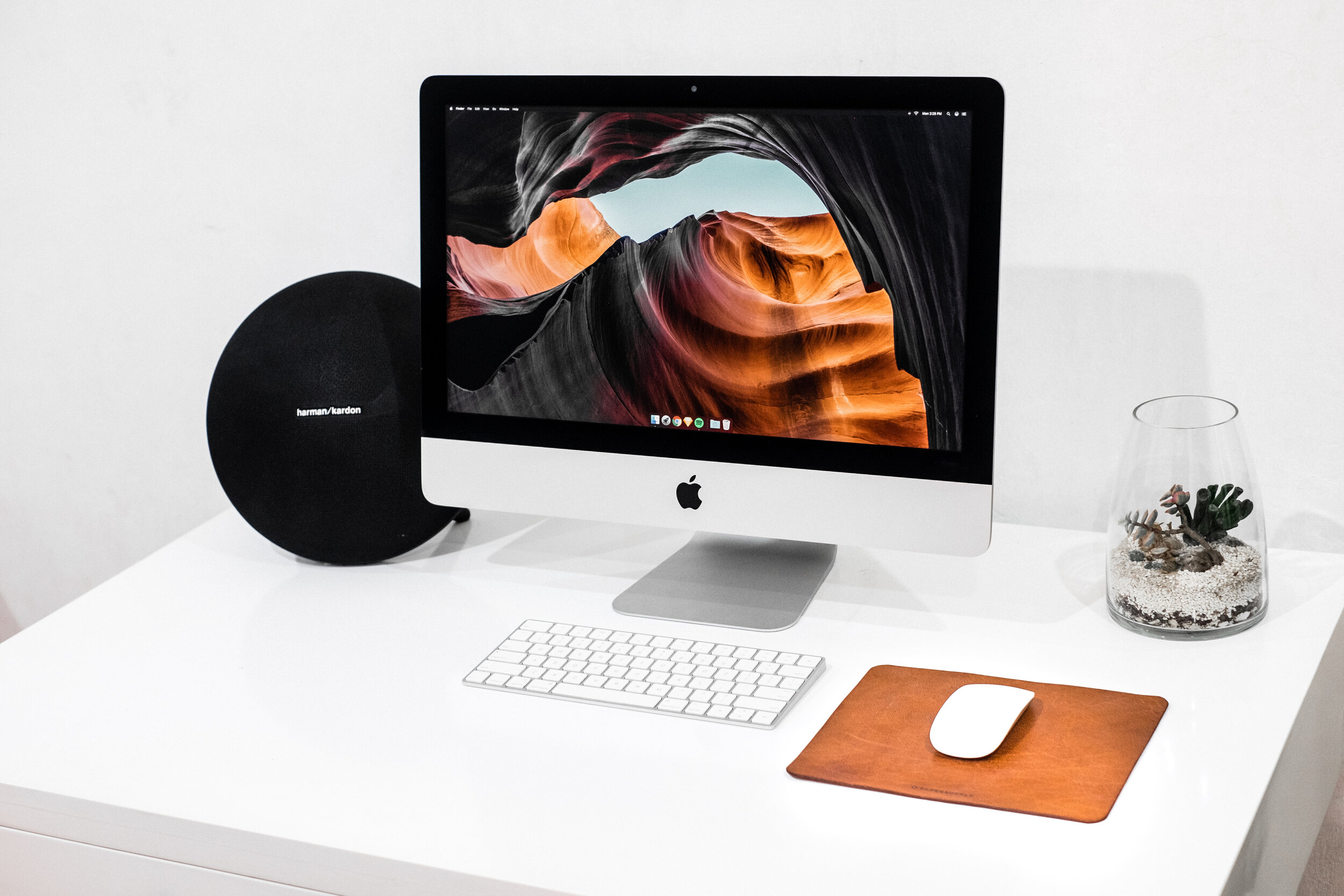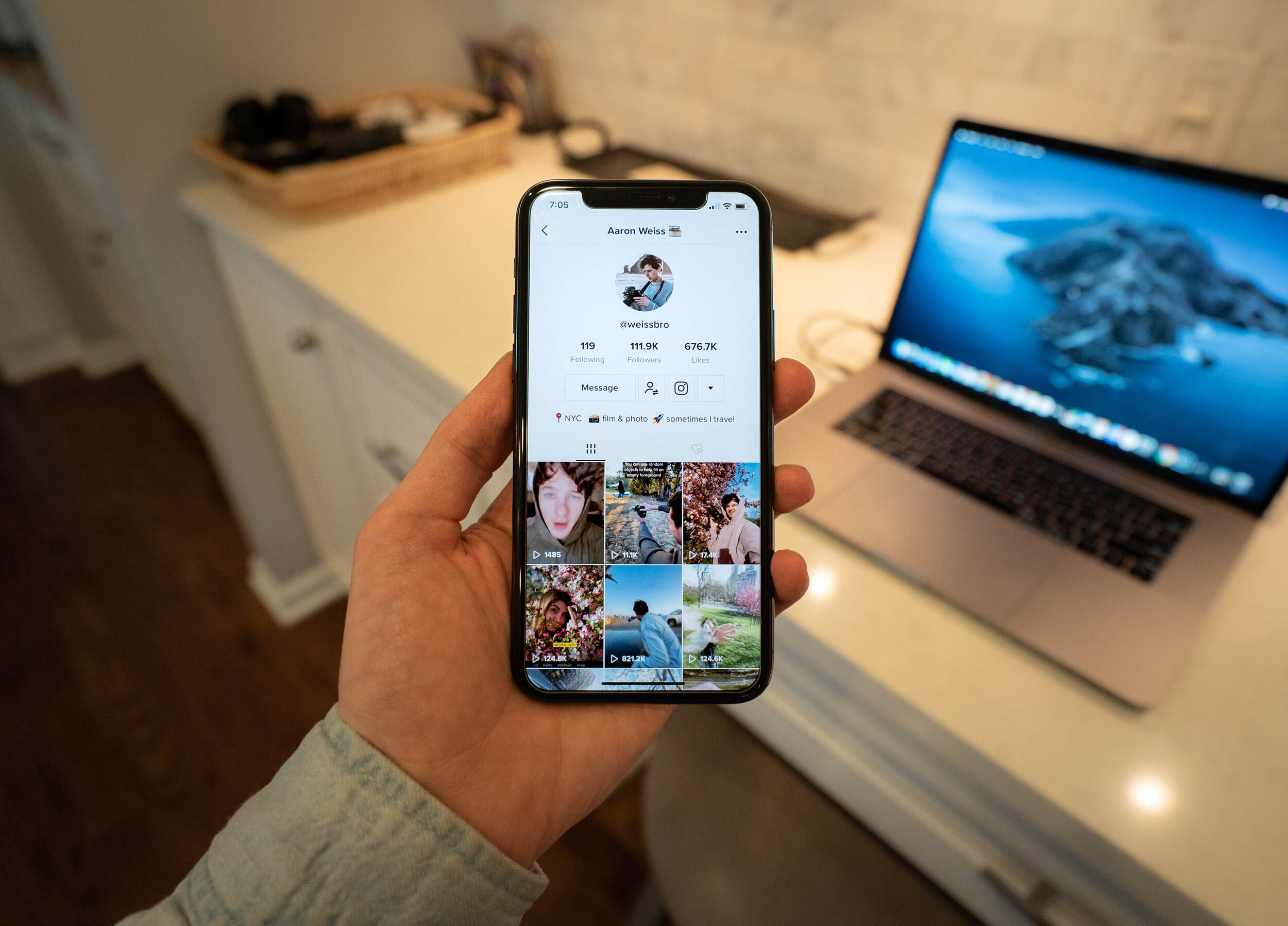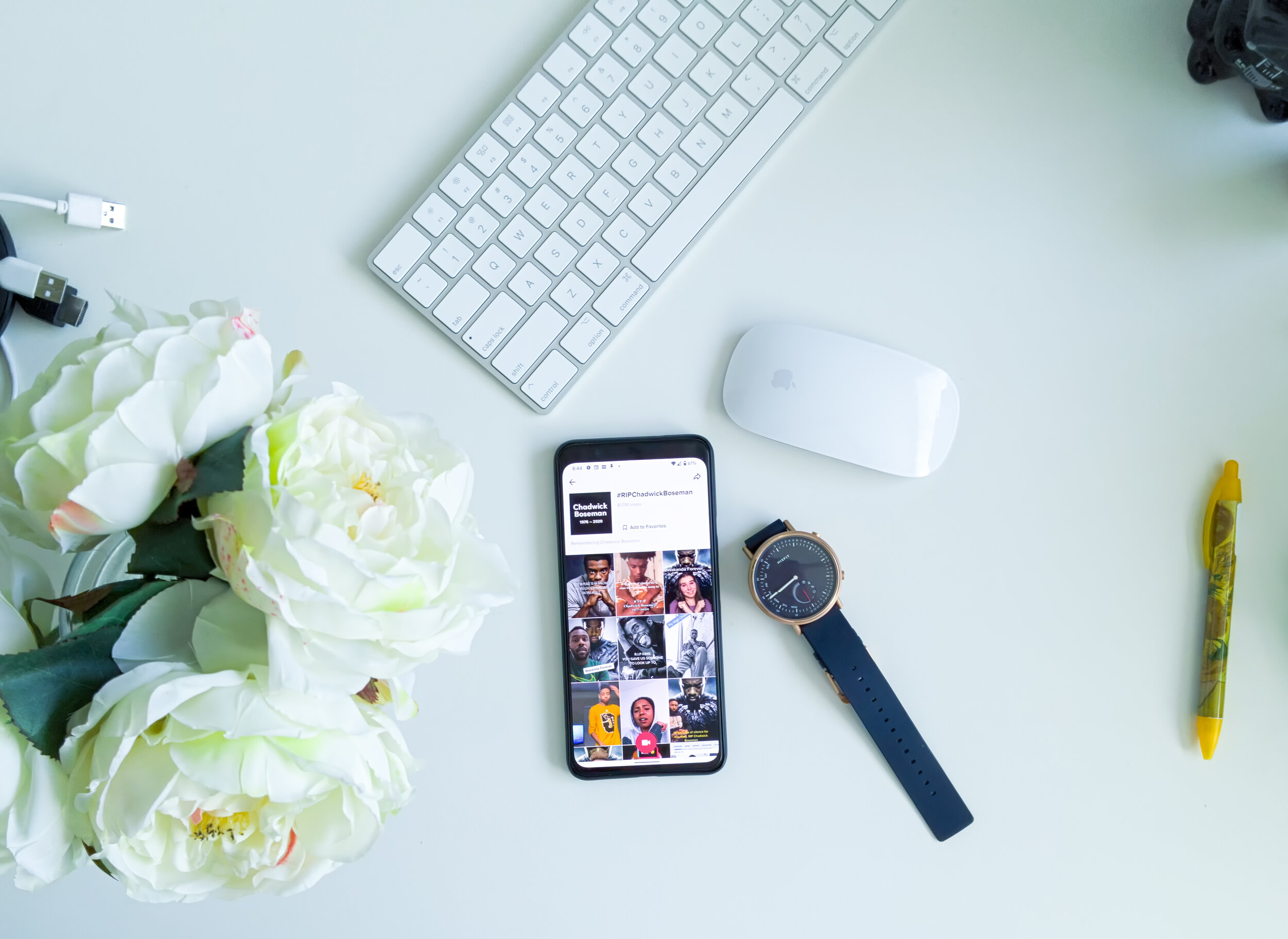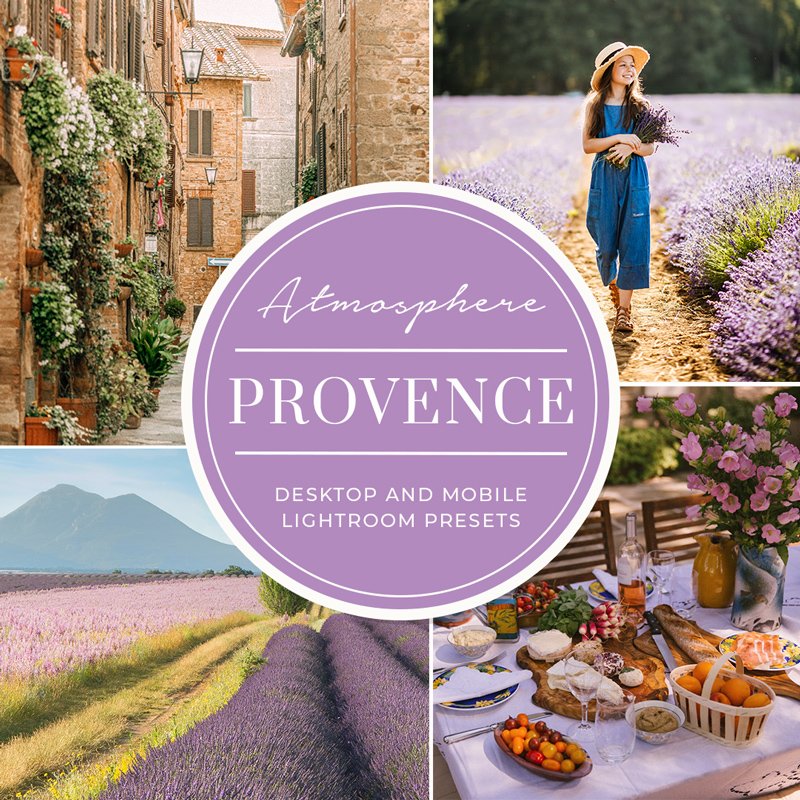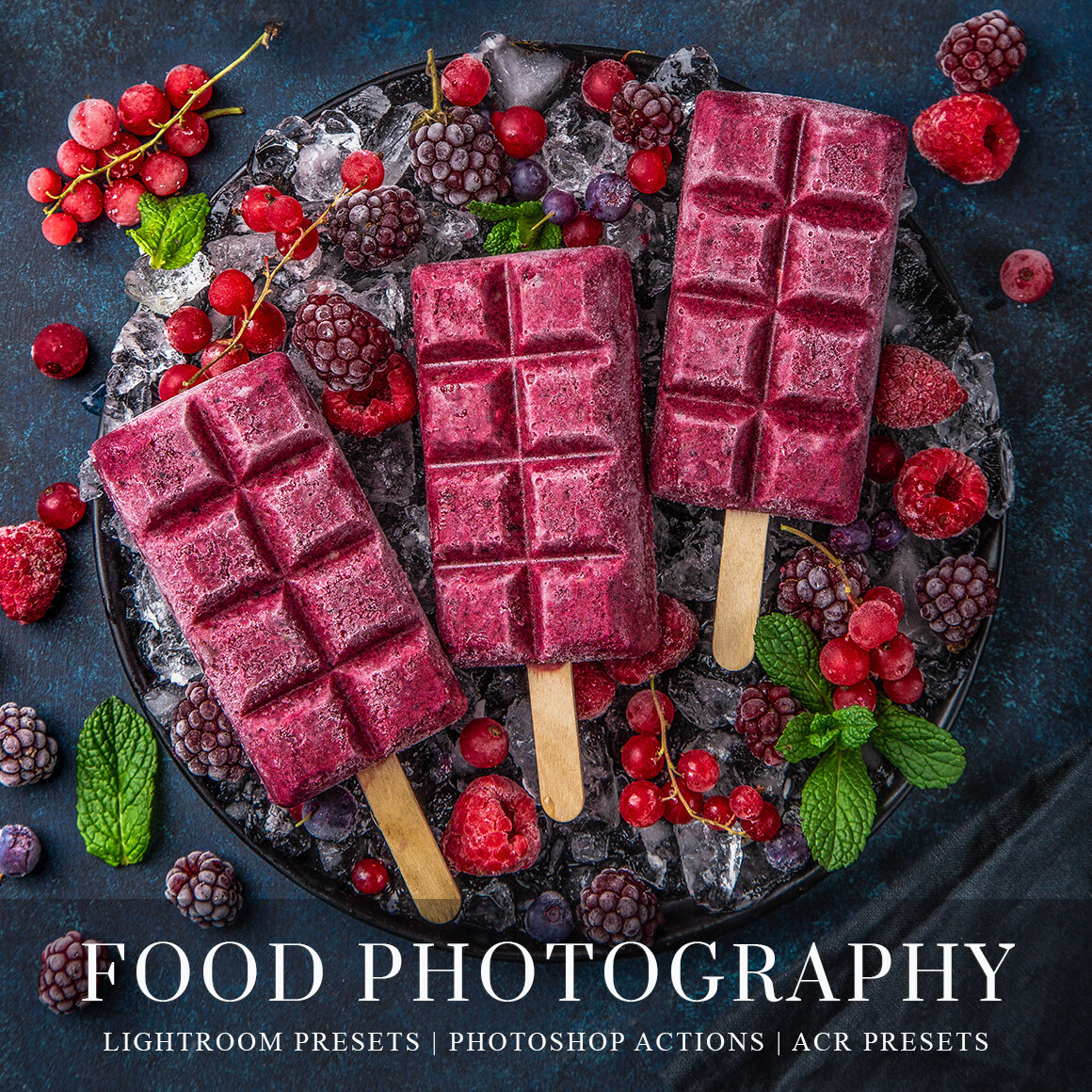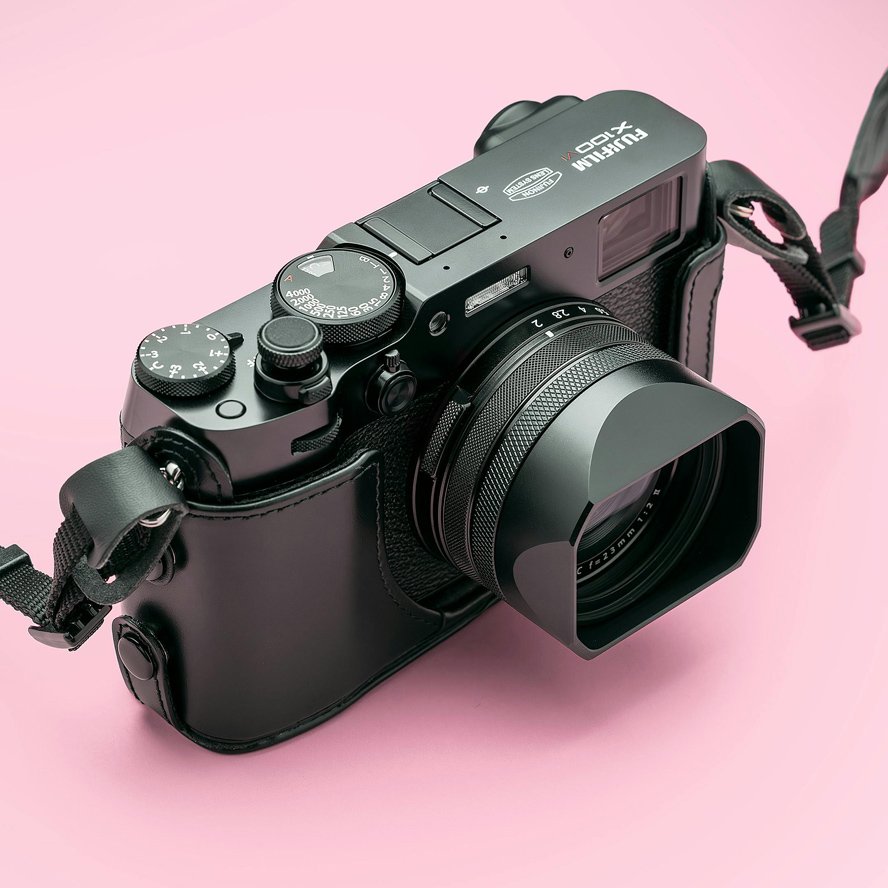What's Next for Photography in the Age of Social Media?
95 million photographs are uploaded to Instagram daily. Facebook is an even higher number. Take a look at your feed, and you likely can count at least 100 photos in the last few hours. Depending on who you talk to, we live in a golden age or the worst era of photography.
With so many photos out there, it's definitely harder to stand out. But at the same time, education, tools, and platforms for professional photographers allow people to earn a decent living and build their brand.
Whereas text was king for centuries, we have transformed into a digital image culture. Images have ingrained importance not just in the social world but across all channels.
Come with us as we walk down this road to the future of photography.
The Professional Photographer Is Going Nowhere
It may be hard to remember now, but there was quite a debate in the early 2010s about what social media meant for photographers. Combined with smartphones that were still not too impressive but huge strides over camera phones over the 2000s, some people in the community were getting worried.
With all this new technology, including Photoshop knockoffs and photo sharing platforms, some thought real photographers would get drowned out in the commotion.
To this day, some still have this fear though it's effectively been disproven. Yes, there is more photography out there than ever. But much of it is simply an extension of the amateur work that has been around since the invention of the camera.
Simultaneously, amateur photography has immensely grown and gotten a lot better thanks to computational photography and general enhancements; professional photography has absolutely flourished.
And there are plenty of good reasons for this. To start, go back 30 years and think about photographers' path to exposure—no pun intended. They either worked in some capacity in the professional, wedding, advertising, journalism fields.
Regardless of your day job, getting your personal work seen largely required a showing. Of course, this was the perfect chicken and the egg situation. To get a showing, you had to have a name. But how can you get a name? Some people could figure it out while plenty of talented photographers were left behind.
Now, that's all changed. First and foremost, social media and the web have made it easier for new and established photographers to attract notice and find ways to monetize their images. Thanks to digital platforms, you can now directly engage and grow your audience and even sell digital products, all from the convenience of home.
The result is that it is much easier for talented new artists to emerge and get the day job and become a full-time photographer.
And the numbers back this up. There are now more photography festivals in any given month than there were ten years ago. There are also more museums, galleries, as well as digital-based meetups and exchanges.
So, for the last time, your social media haters out there need to take a deep breath. And don't forget, nobody is forcing you to be on any of those platforms!
What's Happening the Next Few Years in Photography?
The next few years will see an acceleration of the trends from the 2010s. There is a lot of new tech on the horizon that will take professional photography to the next heights.
But that doesn't mean everything will be high-fi. Here a few movements all photographers should keep an eye on:
Connectivity 2.0
Connectivity isn't just a major force in photography. It will be implemented in new ways across industries and art forms. Our cameras are evolving and changing. With direct connectivity, we will soon move beyond the computer for image processing.
Imagine augmented reality features that help you better understand angles, lighting, and pre-processing. We have already seen a glimpse of this in smartphones. But professional cameras will take it to the next level.
Vintage Will Be as Powerful as Ever
The film will never go away in photography. Vintage appeals to such a huge audience, and surprisingly a younger one. 30% of film photographers are under the age of 35. This group probably doesn't even remember a time before digital cameras, and they've been inspired to create masterpieces.
As much as technology will change things, film and vintage styles will likely even grow in popularity, especially for those looking to get back to the roots of simple photography.
Artificial Intelligence
AI is another major 2020s innovation that will have wide-sweeping changes across niches. But AI in photography proposes many advantages and even a few ethical questions. If AI erases your mistakes and produces the perfect image, is it truly yours?
AI will manifest in a variety of ways. It's not just the shooting process. We may see new gear designed by AI, art styles informed, and maybe even "perfect" photographs. The debate growing here will fuel a lot of dynamic discussion in our world.
Truly Impressive Tech Breakthroughs
While the iPhone or Samsung isn't quite up to pro standards yet, they've come an amazingly long way. And they can do some impressive stuff. Computational photography, multi-lens arrangements, and extremely high resolution are just the beginning.
Again, what will happen with professional devices is a really interesting thing for photographers. Nobody in the 1980s would have been able to predict what our lives now are like. Can you imagine what the landscape will look like in 2030? What about 2040?
New social platforms, new technology, and revolutionary breakthroughs will define a new era in photography.
The Decline of Certain Equipment and Styles
Film photography is one thing. But I can imagine somebody using a 5-pixel Kodak digital camera from 20 years ago. There will also be a niche, but we can expect tech like that to mostly die off.
The same also goes with styles. Some even argue that wedding and portrait photography may start to disappear since people will have extremely powerful cameras in their pockets. That's probably a stretch. People will still want professional and natural photos of their events, but it does pose an interesting question. How will photography continue evolving?
The winners are expected to be art photographers. Abstract displays of emotion are expected to gain popularity as the tools of "perfection" gain notoriety.
Photography 2020: How to Make the Most of the Social Media Landscape
Now's a good time to round things out. We've seen the trends of today and where photography is headed in the next 5-10 years. But here's how you make the most out of right now.
Harness Social Media to Your Advantage
Social media is a tool. Love it or hate it, it's the best tool out there. And don't forget that it's free! Join groups, follow your favorite photographers, learn, and grow.
Remember, you can keep your social media presence as large or small as you like. Don't forget you can create a separate page for yourself to separate your personal life from your artistic life.
Online Security Is a Big Deal
Social platforms and the internet are great. But the internet can be a dangerous place. Hackers target photography professionals all the time. There's a lot of reasons for that. Sometimes, their aim is political, and they want to stifle certain voices. Other times, they're merely interested in extracting people's personal photographs. Above all, they recognize professional photographers are running a business and know how to hit them where it hurts.
Regardless of what platform you use, you need to enhance your account security. That means ensuring each account has a unique, complex, and lengthy password. Fortunately, there are tons of free password managers that not only help you generate extremely tough passwords that even supercomputers couldn't crack, but they'll even securely store these passwords for you.
The advantage here is two-fold. First, your account security is immediately much higher. But should one of your other accounts get hackers, there is little chance of it spreading across your digital life. Don't forget to combine whatever free password manager you use with additional tools like two-factor authentication and biometrics for maximum security.
A great example of an all-around password manager with a free version is NordPass. For more information, visit https://nordpass.com/free-password-manager/.
Be Mobile-First
Whether you are using a $10,000 Canon DSLR or a vintage Leica, you can't ignore the benefits of smartphones for photography. This doesn't mean you have to sell out. But use the powerful tool in your pocket to your advantage!
There's a ton of ways to extract benefits. Whether it's checking the angle of a shot before spending precious and expensive film on it or geo-tagging a location, you have an excellent photography aid right there.
Here a few tips to get more out of your smartphone shots.
Understand your lens size. The new iPhone has a pretty large lens for a smartphone, but if your phone is older, you might not have as much to work with. That's fine. But know your limitations and what you can do with it accordingly.
Get computational. Many people don't realize that most of what smartphone cameras do isn't exactly the size of the lens or their number, but the software behind the scenes. Apple, Samsung, and Google have invested huge amounts of money in enhancing this tech. The good news is that all of the recent devices should have this software on their OS, so there's a good chance you already have it!
Know your features. If you are willing to watch hours of how-to videos for your main camera, then take twenty minutes to learn about all the smartphone camera features. You'll be surprised by all the amazing things it can do.
Accessories. Many people use a flash for their camera. There are all kinds of smartphone camera accessories, including flashes, attachable lenses, and more. If you're willing to spend a little, you can upgrade your phone's picture-taking ability to rival most entry-level digital cameras.
Don't forget your real camera. We get it. It's easy to get comfortable and leave the full-size DSLR as you make your way around town. As awesome as smartphone photography has gotten, don't get lazy. You never know when the perfect moment will hit, and you wish you had your full setup.
The Next Era in Photography
We truly live in exciting times. From the cameras in our pockets to DSLR's, it's never been easier to reach new photography heights. Harness the technologies and social platforms at your disposal to become the best photographer you can be.


